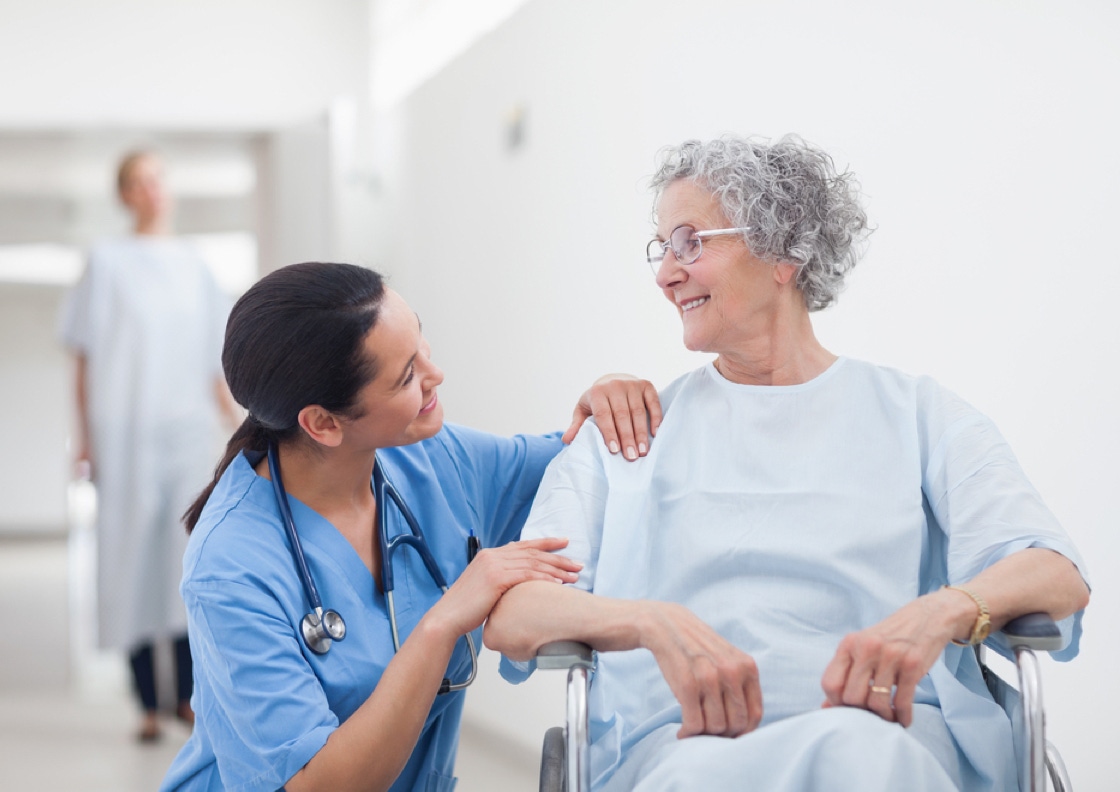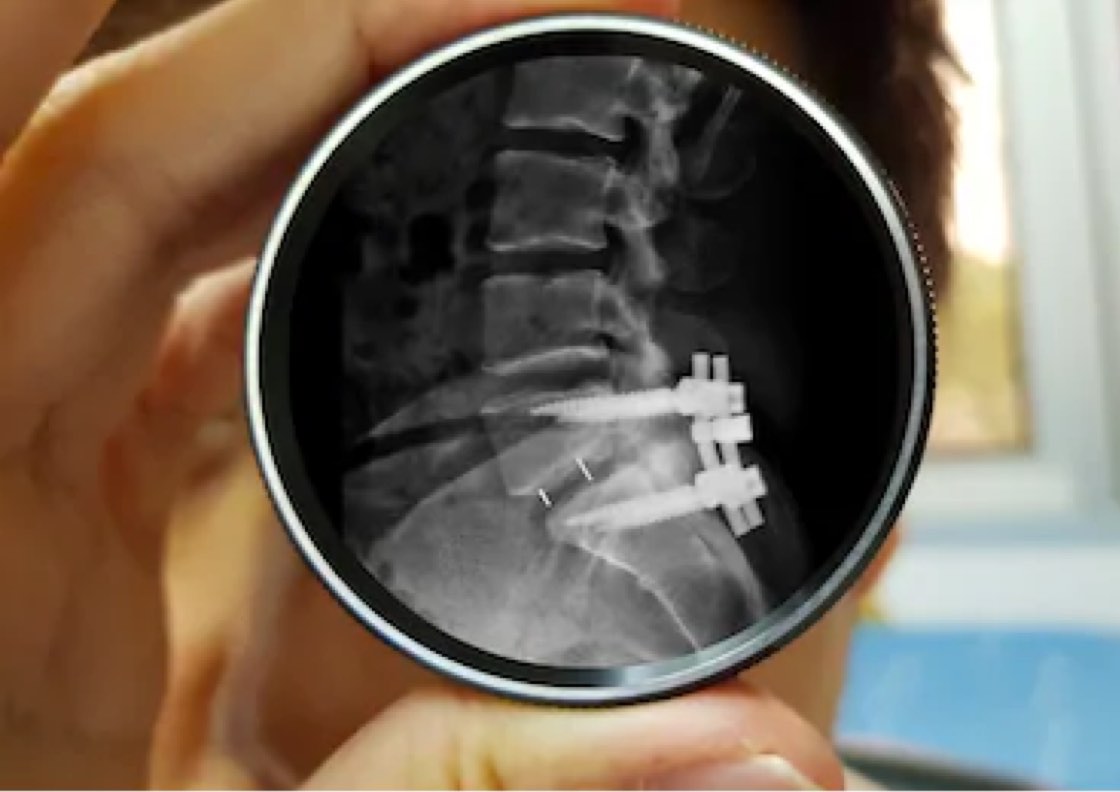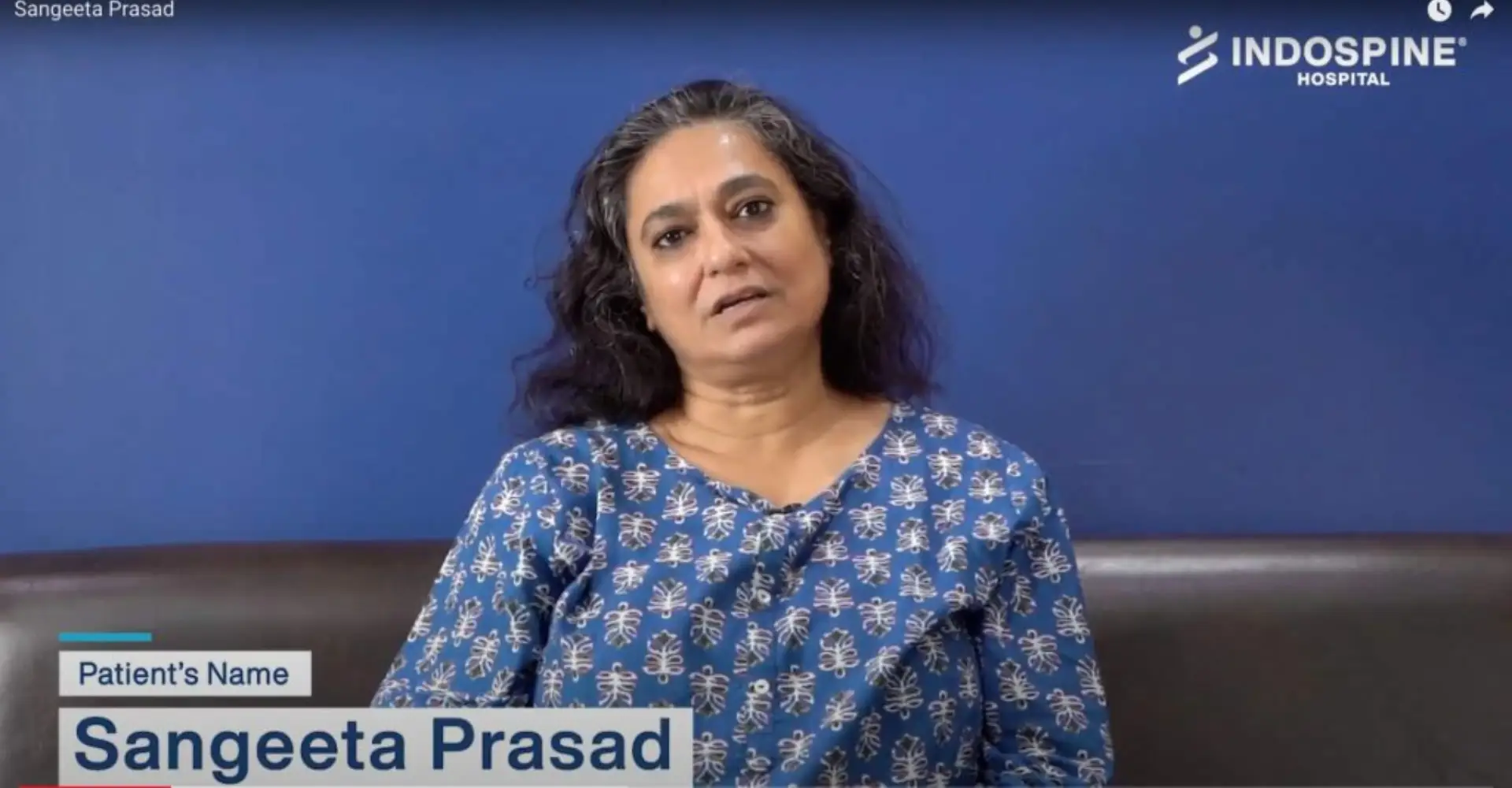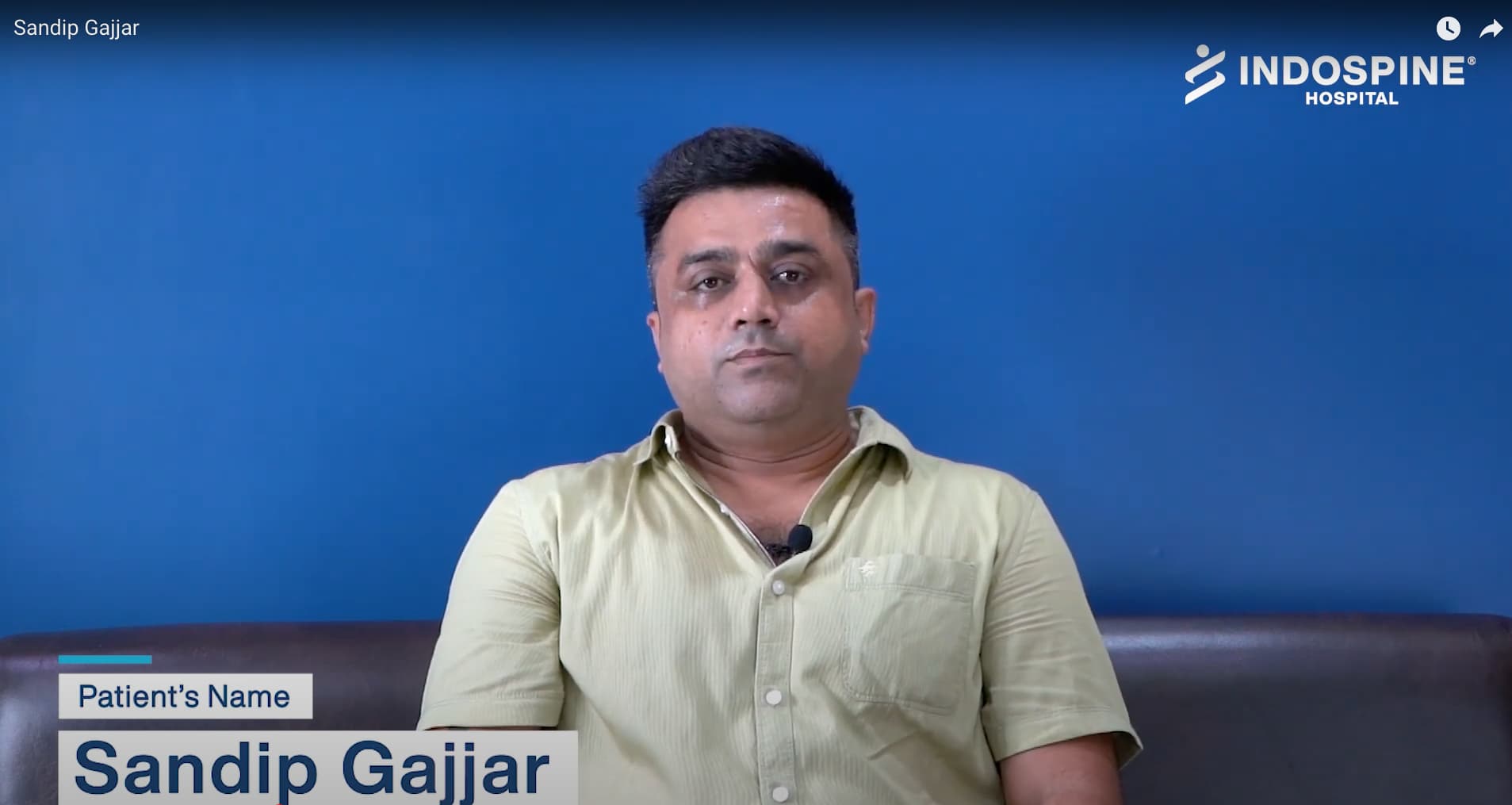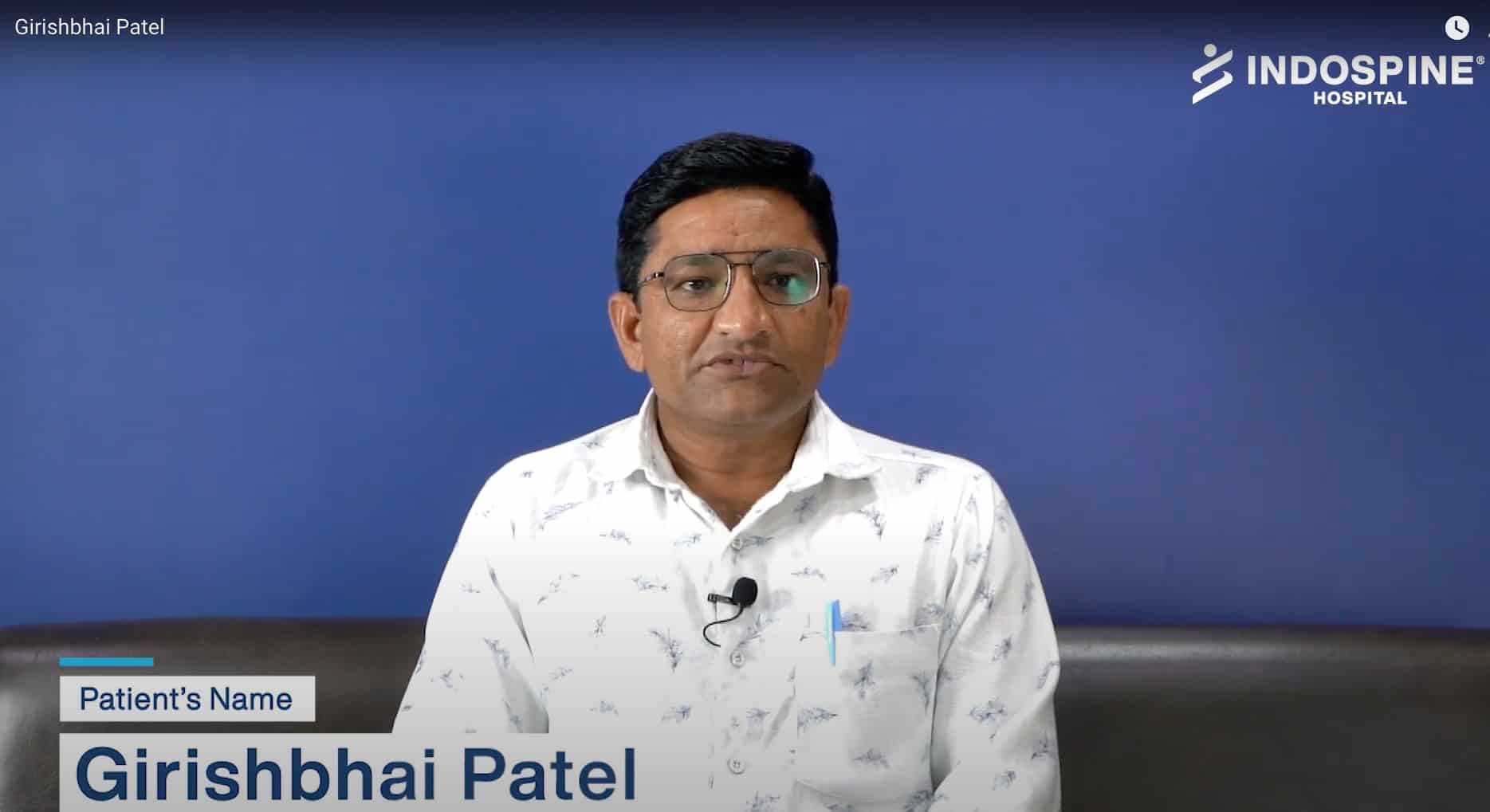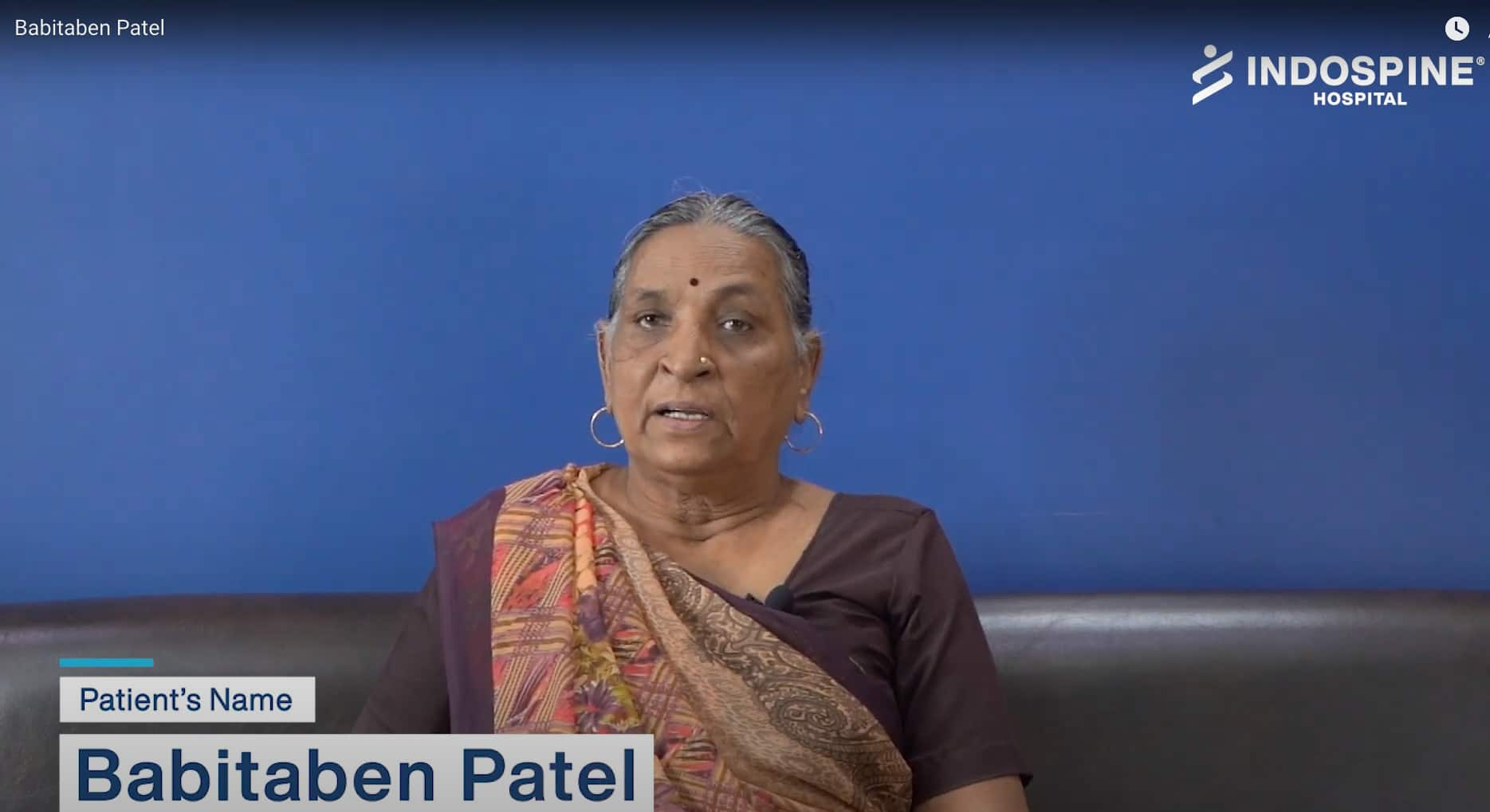This causes low back pain and pain in the legs. Stenosis may pinch the nerves that control muscles and sensation in the legs. This leads to pain and abnormal feelings in the leg muscles and areas supplied by those nerves.
Spinal infections are rare infections that can involve the intervertebral disc space, the vertebral bones, the spinal canal, or adjacent soft tissues. Discitis refers to an infection of the intervertebral disc in the spine. Osteomyelitis refers to an infection of the vertebral bones in the spine. Infection may be caused by bacteria or fungal organisms, viruses, or can occur after a spinal procedure or surgery.
Generally, infections are bacterial and spread to the spine through the bloodstream. Bacteria may spread through the bloodstream into the vertebral discs and affect this area causing discitis. As the infection progresses, the disc space degenerates. As the disc decays, the infection may spread into the vertebral bodies above and below the disc called osteomyelitis. The bone, weakened by infection may also begin to collapse or crumble causing spinal deformity. In some cases the infection or crumbling bones may push into the area for the nerves or spinal cord which may cause neurologic symptoms including numbness, weakness, tingling, pain, or bowel or bladder dysfunction.


